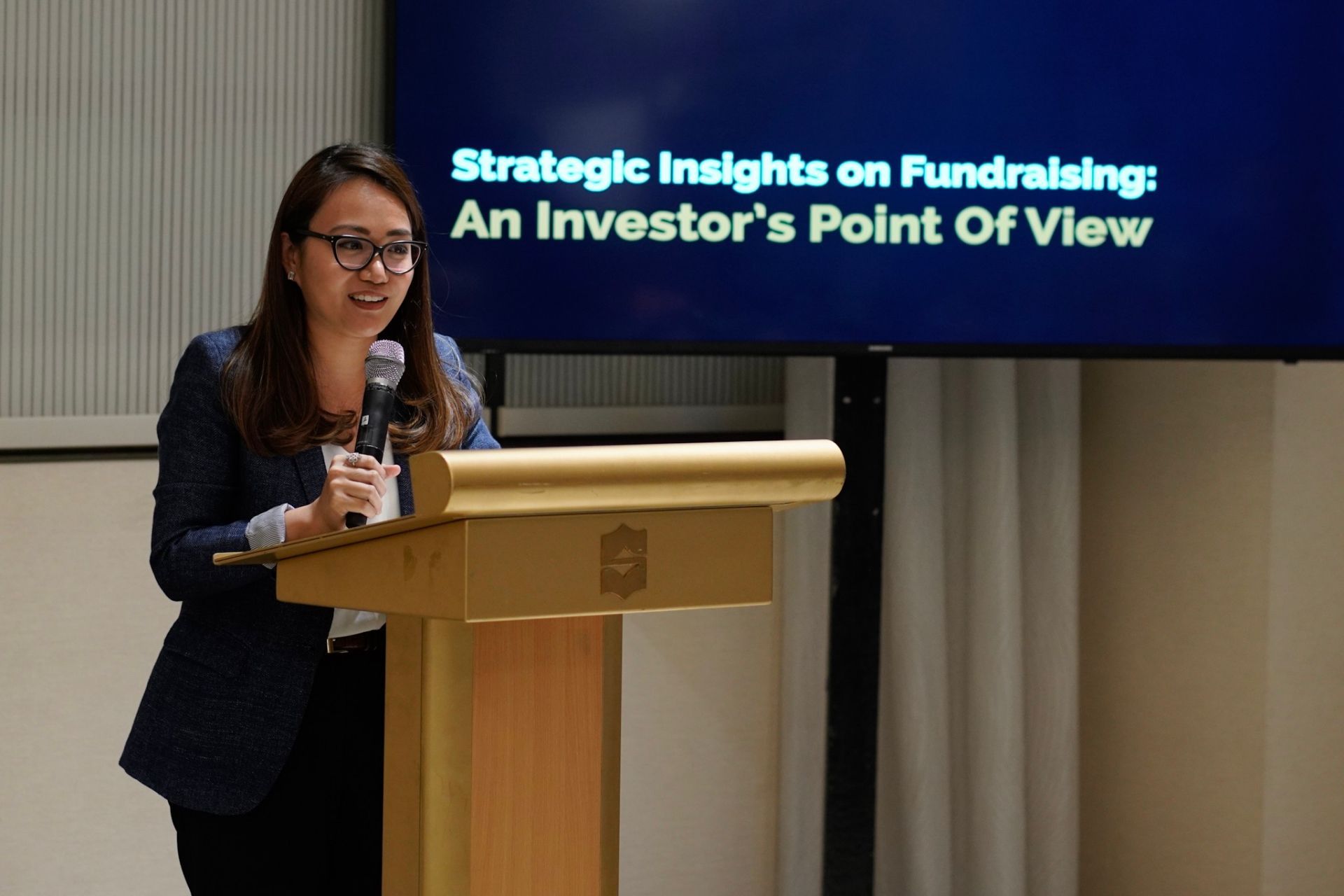The 27-year-old founder of private equity firm MFT Group on female leadership, the future of investing and why safe is the new risky
I am Generation T is a series of quick-fire Q&As with some of the extraordinary individuals on the Gen.T List.
At just 19 years old Mica Tan decided she was going to start her own business. Fast forward eight years and Tan, now 27, has done exactly that: her private equity firm, MFT Group, operates in nine countries and 18 cities worldwide, and has assets of more than US$61 million.
Tan’s decision to start MFT Group was triggered by an unexpected source: her first heartbreak. “I was at a crossroads, trying to decide whether to study finance in New York or stay home,” she says. The breakup made her decide to stay in the Philippines and start her company. “I just went all out on my career, so that one day the guy who broke my heart would read about me and wish he hadn’t broken up with me. Oh, and that guy who broke my heart ended up as my husband.”
Tan’s journey hasn’t been without its challenges. “I’ve been underestimated many times and my height doesn’t help—I’m 5 foot 1 [155cm], and often people think I’m the PA,” she says, “But I just don’t focus on what they think or how they judge; I just work on the results really, really hard—so when it comes to meetings, I just talk results.”
Why did you decide to focus MFT Group on legacy businesses? And why are other firms not doing the same thing?
Family or legacy businesses are undoubtedly the backbone of many economies, especially where I am from in the Philippines. In the past few years we have seen an increasing number of investors putting a significant portion of their money into family businesses, and most of the large businesses today were initiated by families, which we see as a strength.
Family businesses have also proved to be more profitable than other types of businesses: investors can get a high profit ratio within a brief period of time and a lot of market studies suggest that family businesses are a reliable way to increase revenues. Family legacy businesses also offer better governance compared to non-family businesses.
I think what scares other companies is inheritance disputes. Perhaps they aren’t aware that a family owned business has a much lower probability of internal legal risk overall—and the lower the legal risk factor, the more likely it can attract more investors.
The best advice that I could give to young women like myself is that some battles are not worth your time, so choose what you fight for wisely


